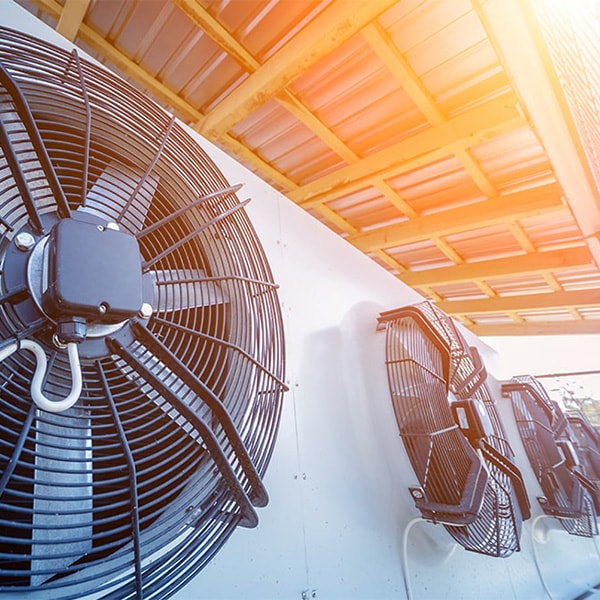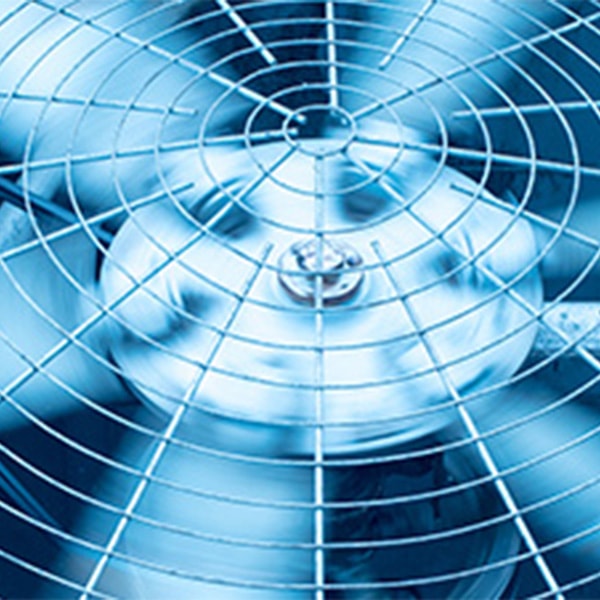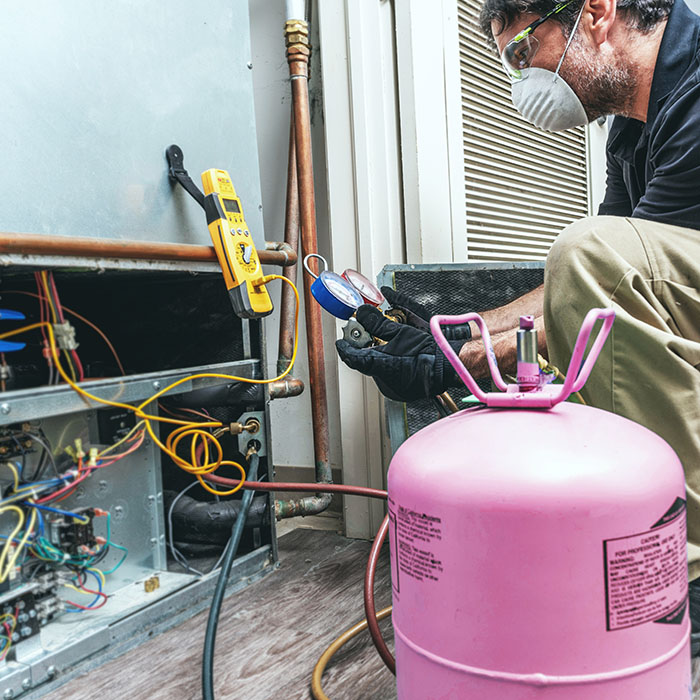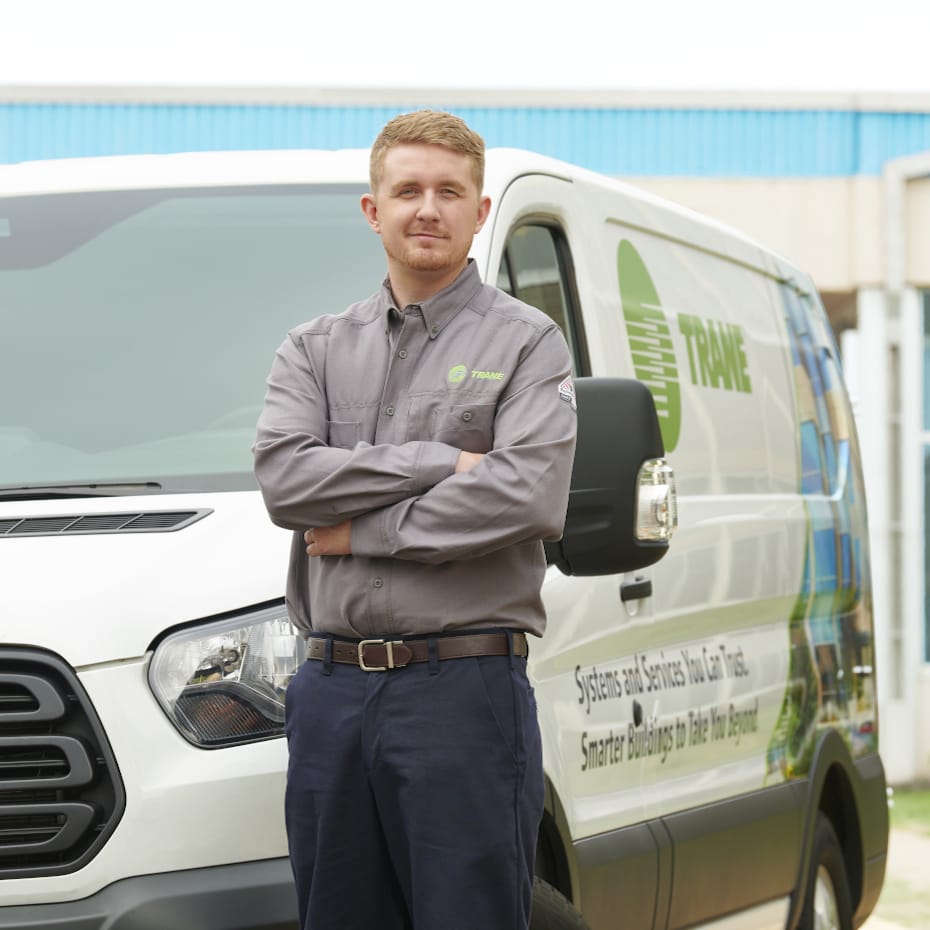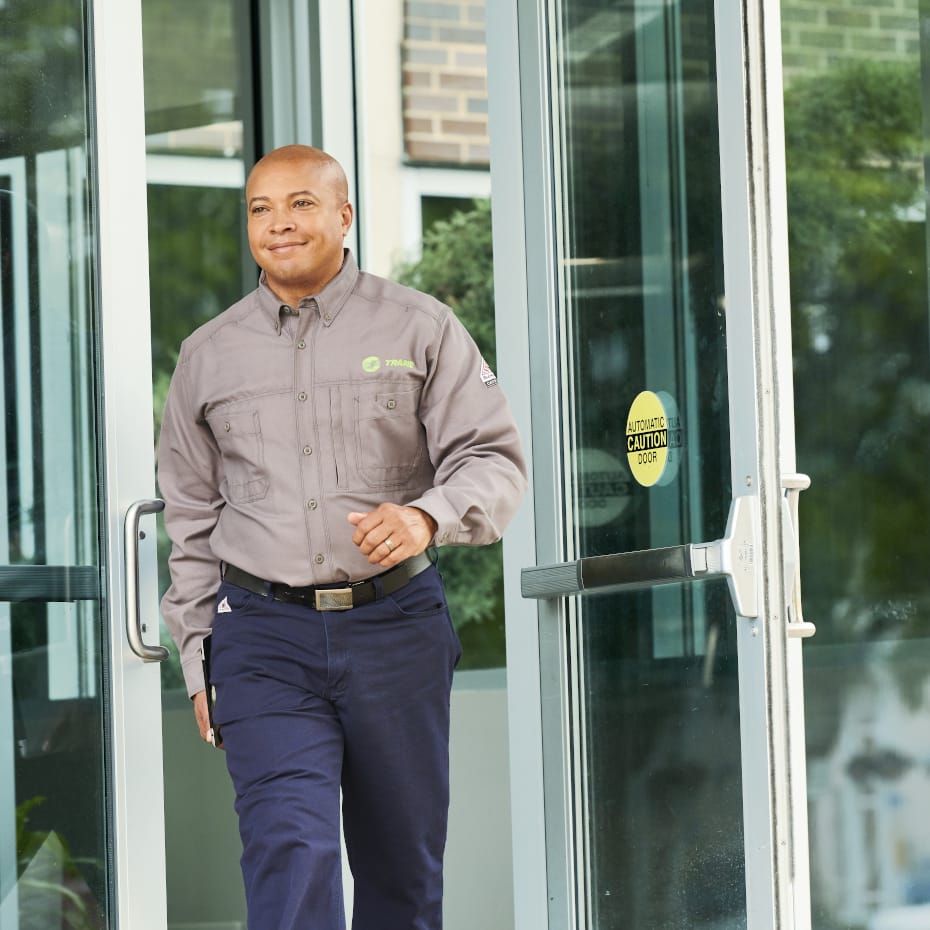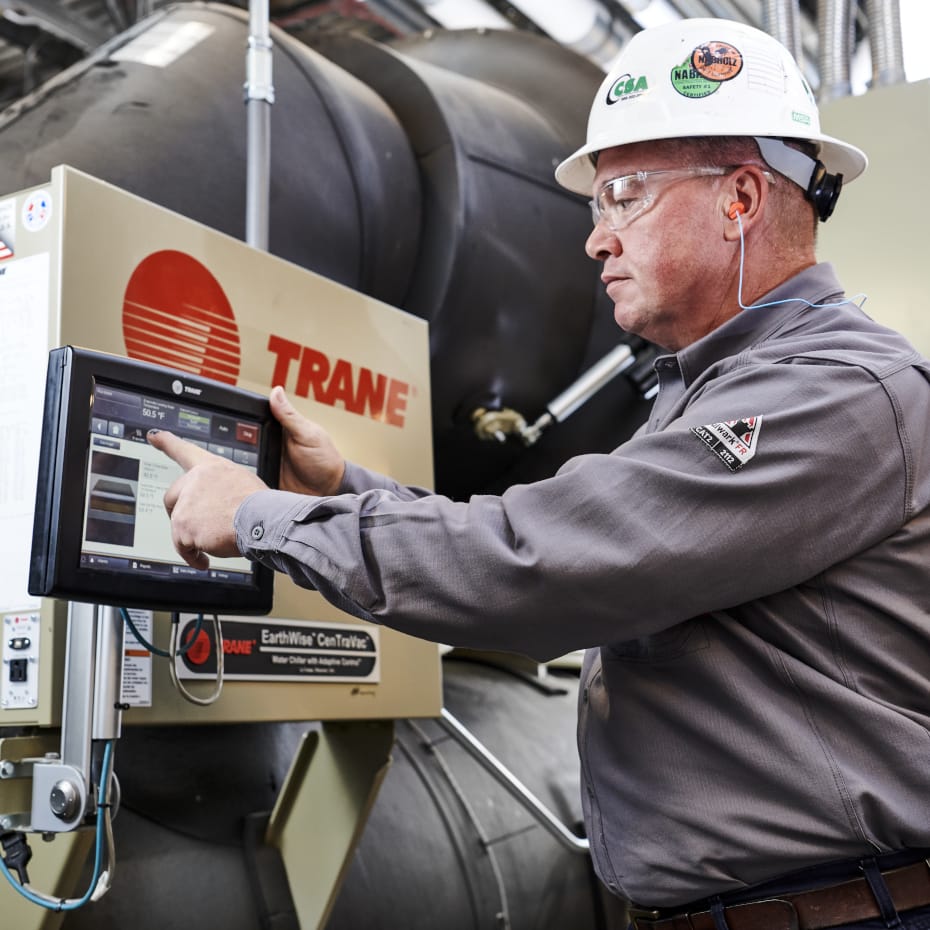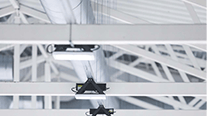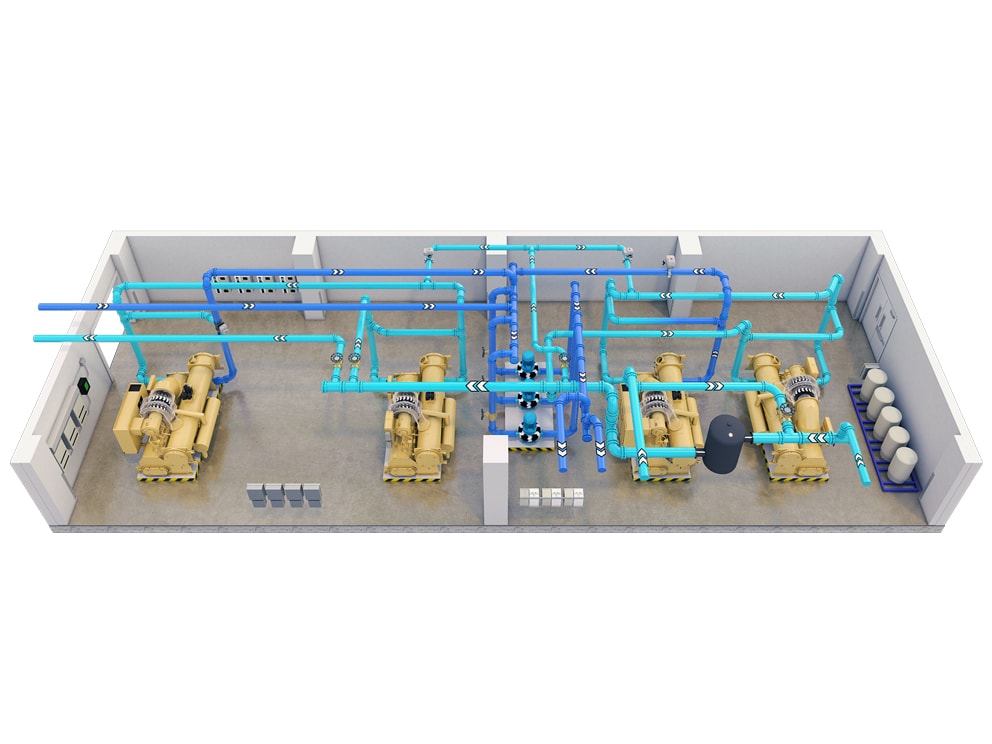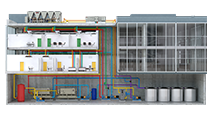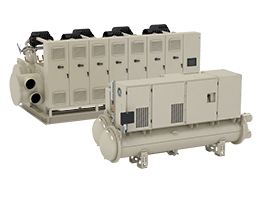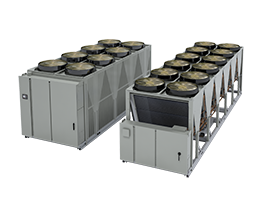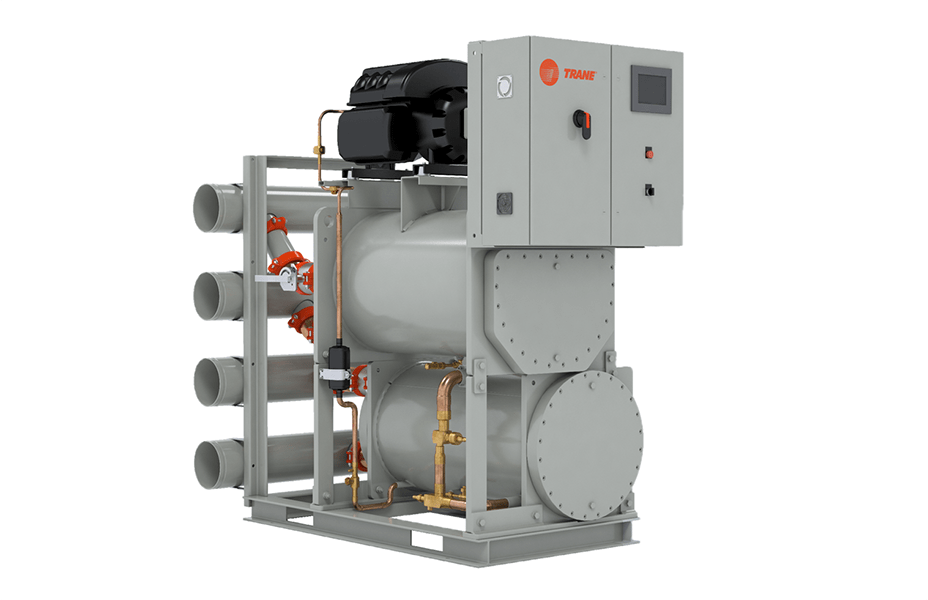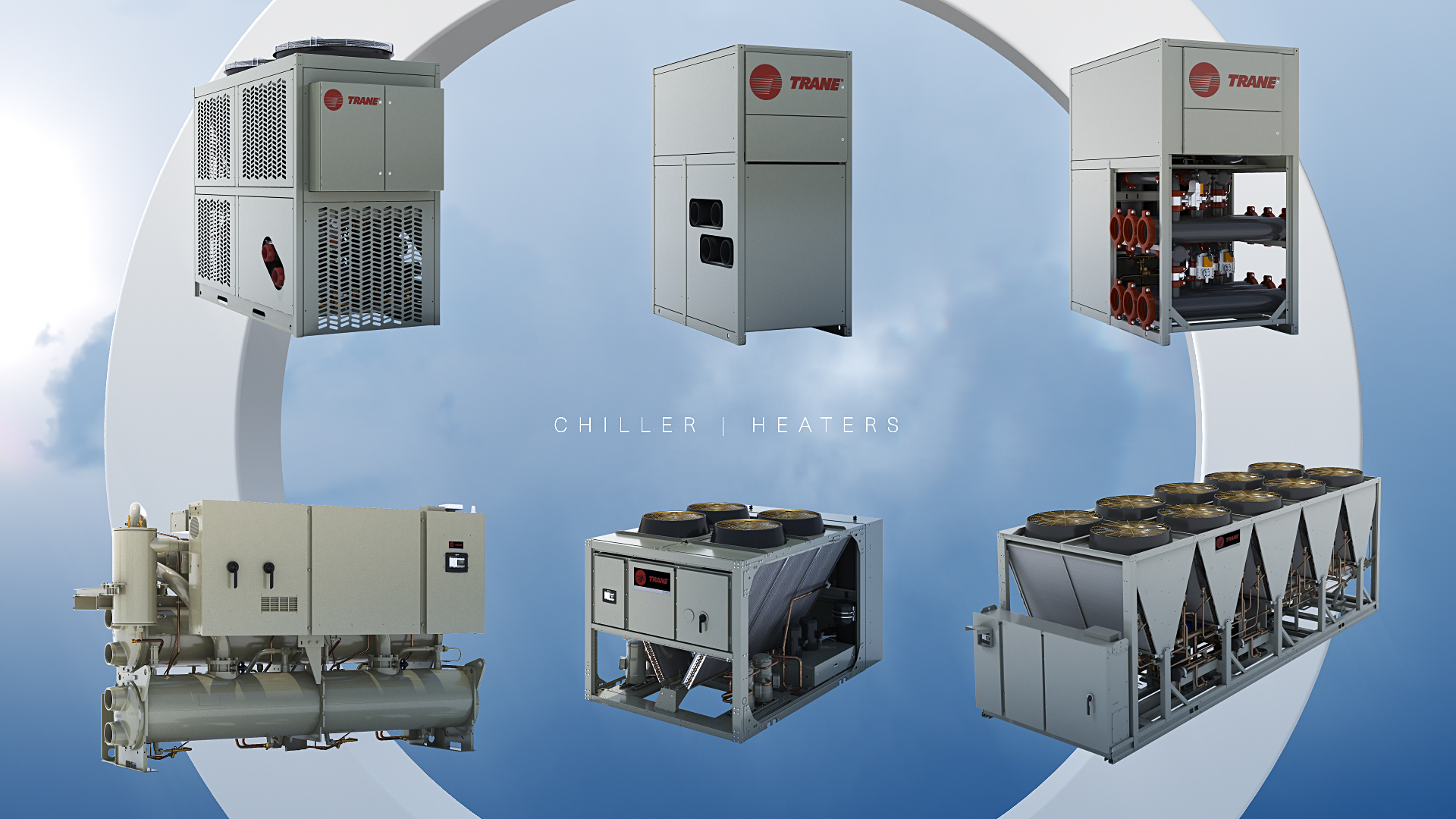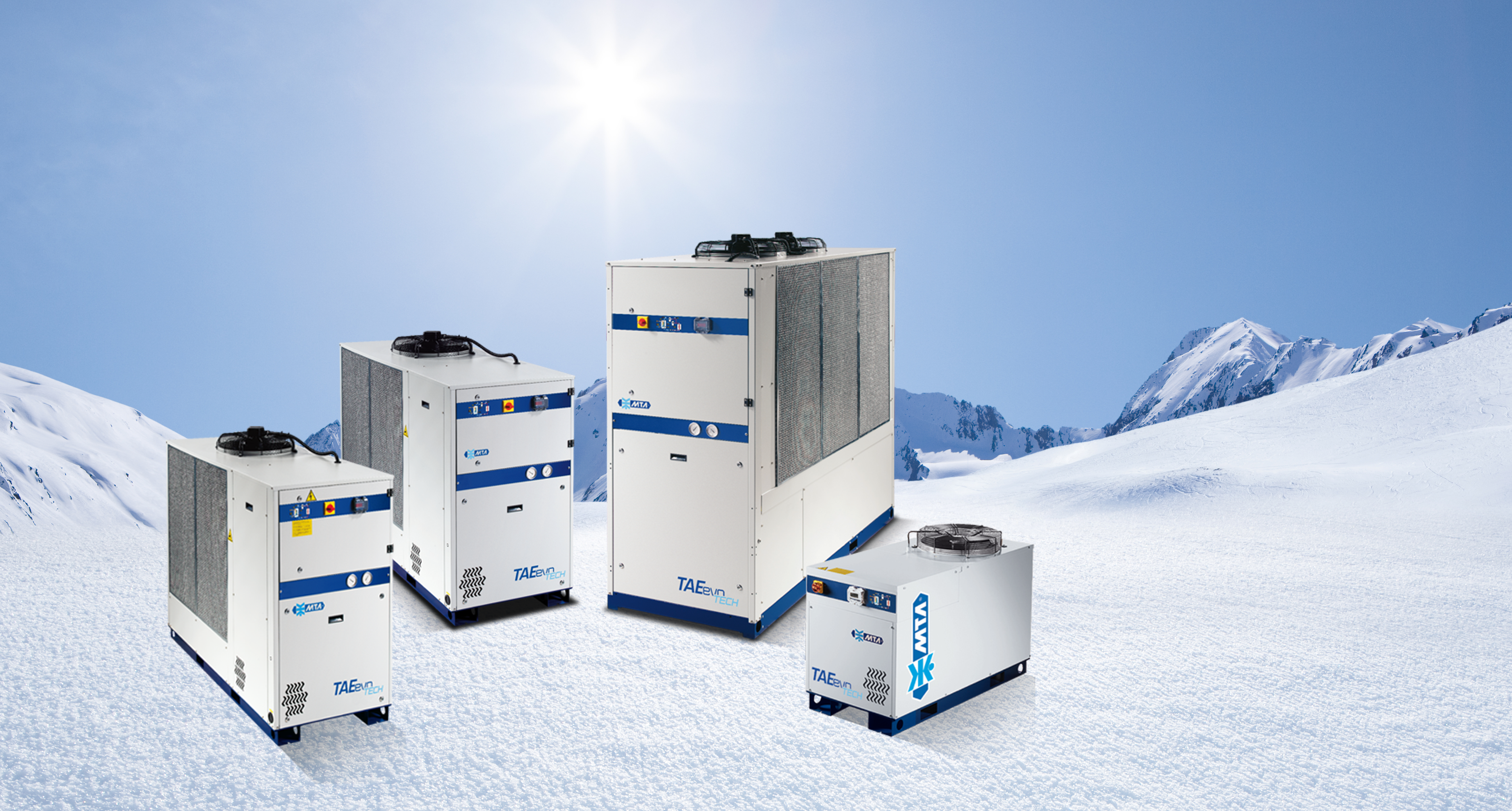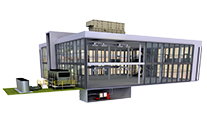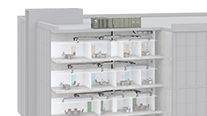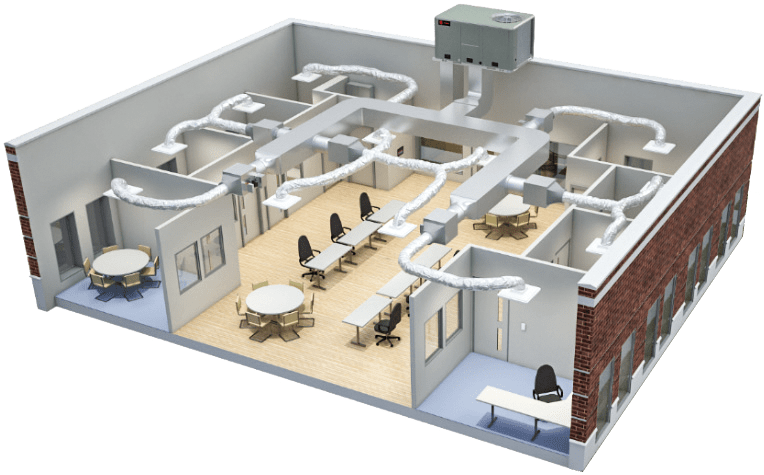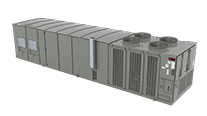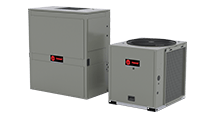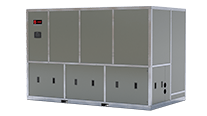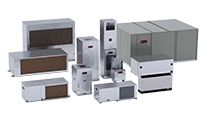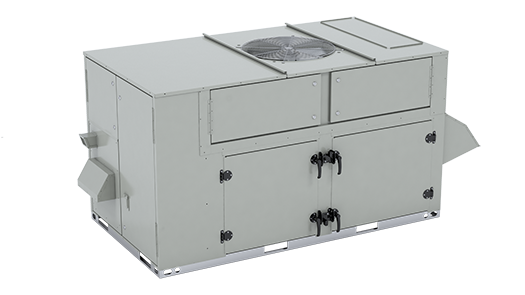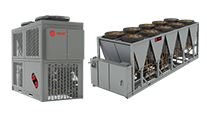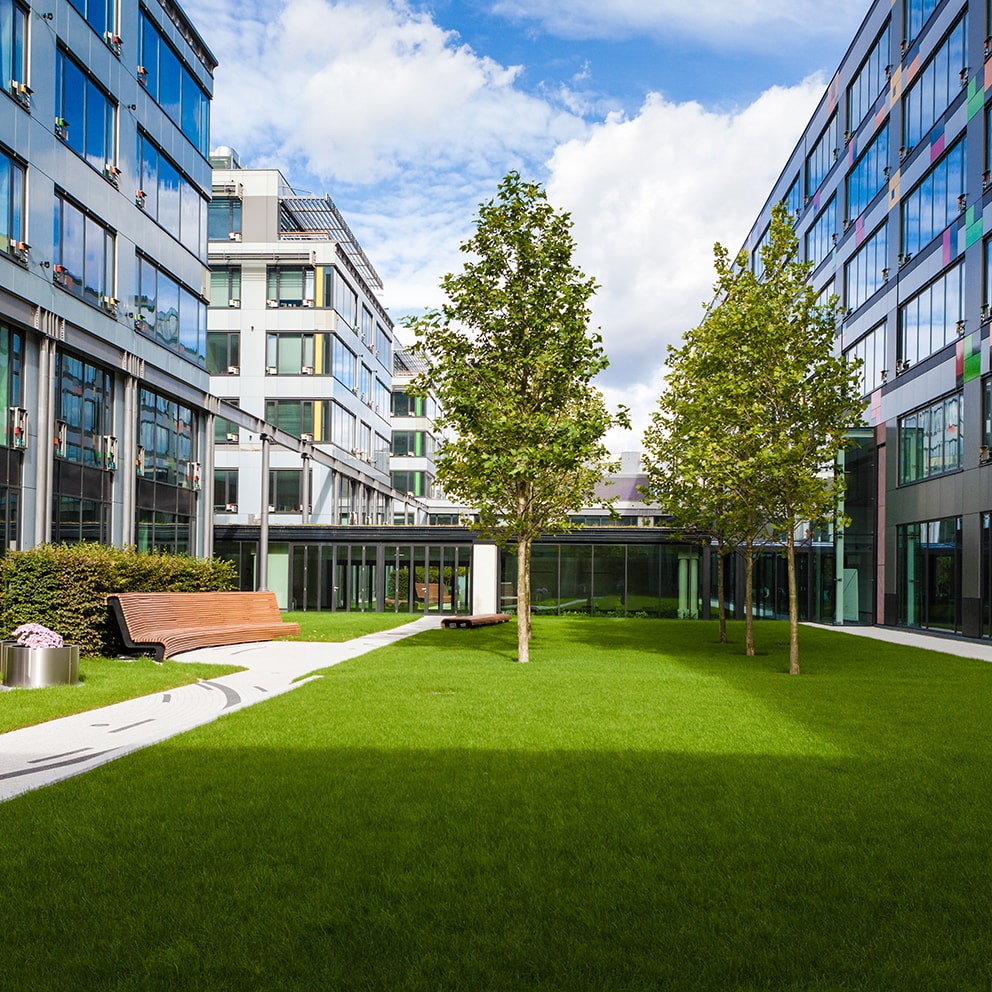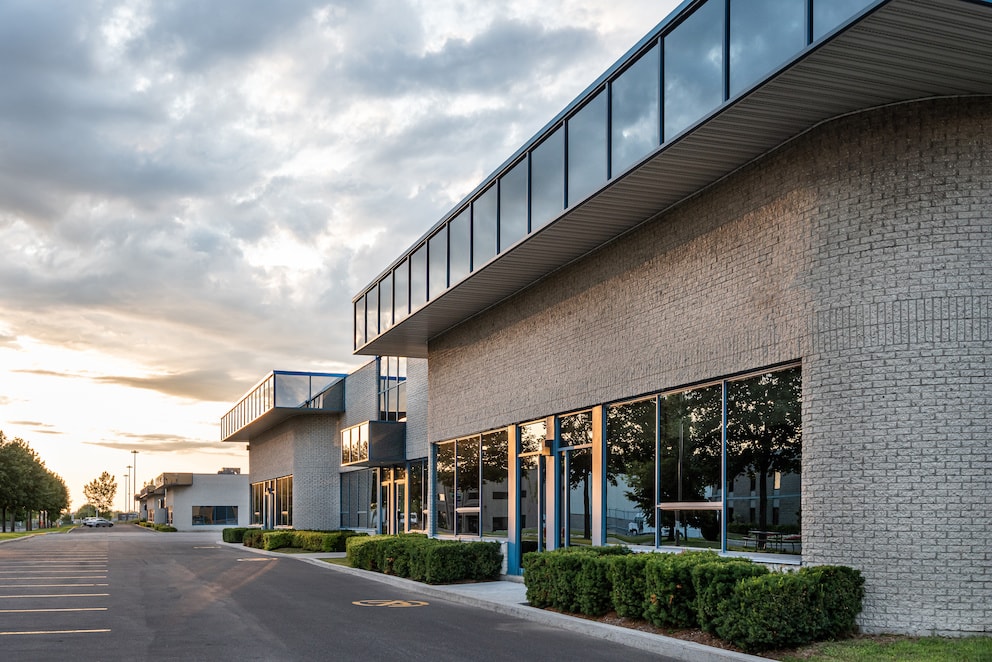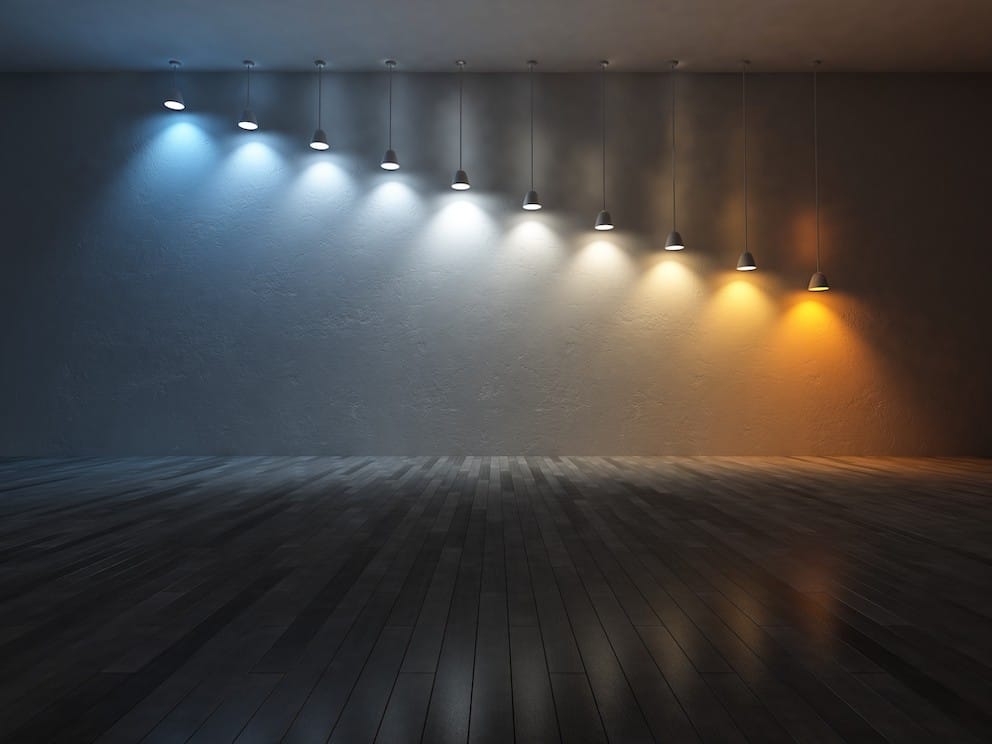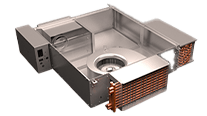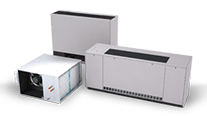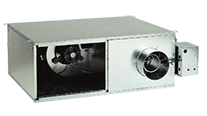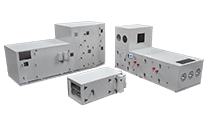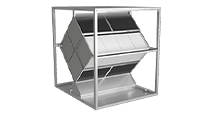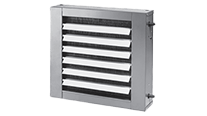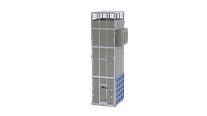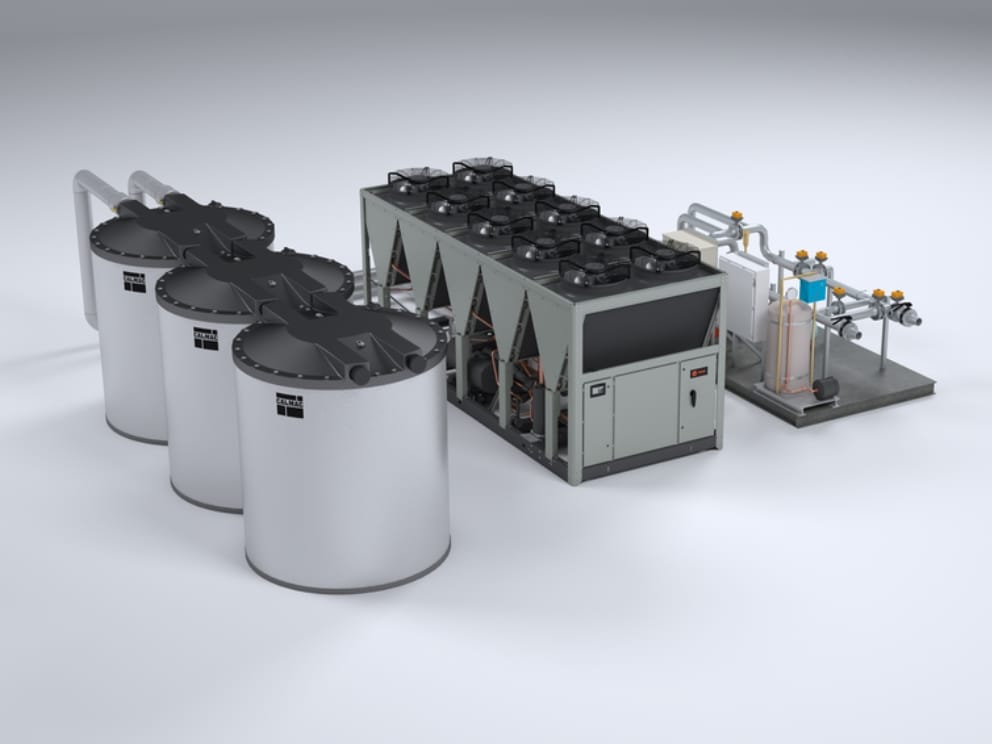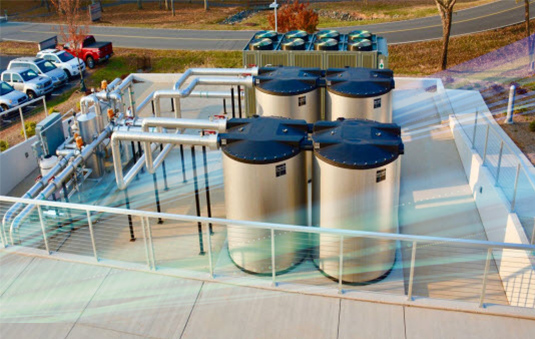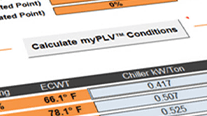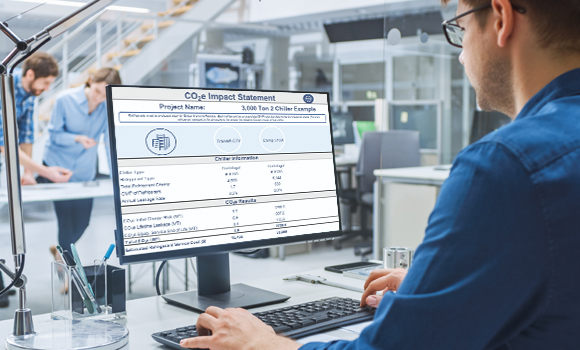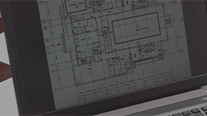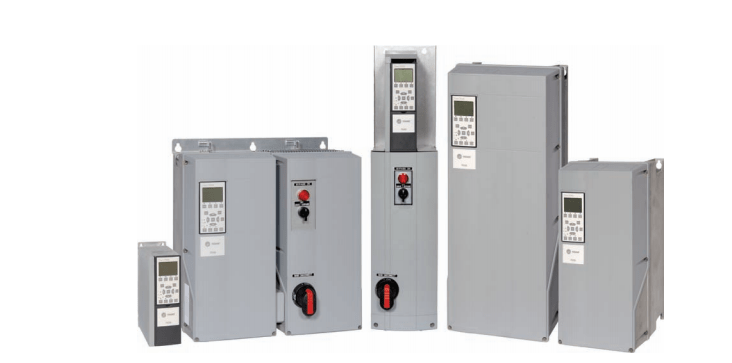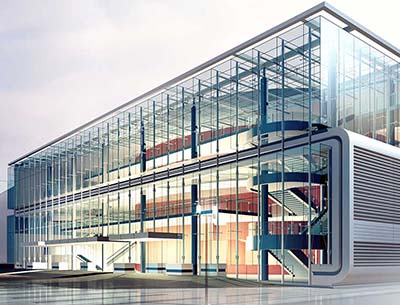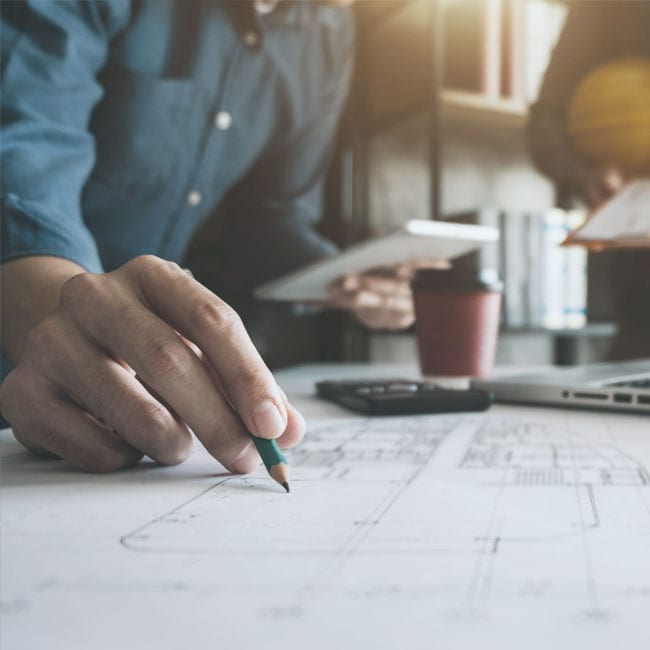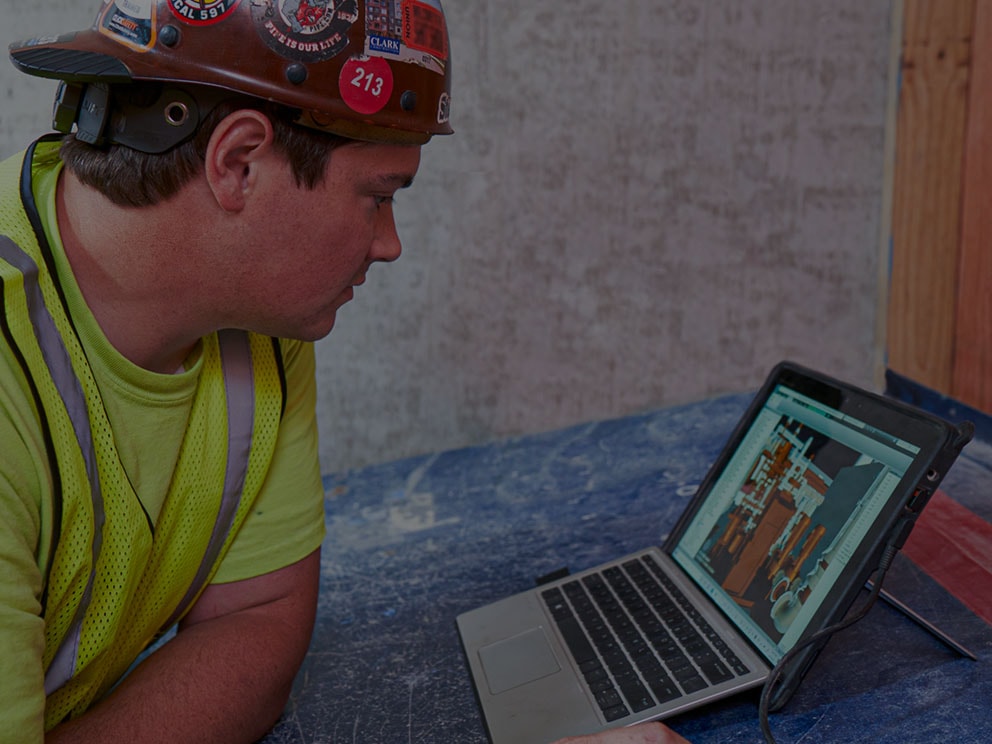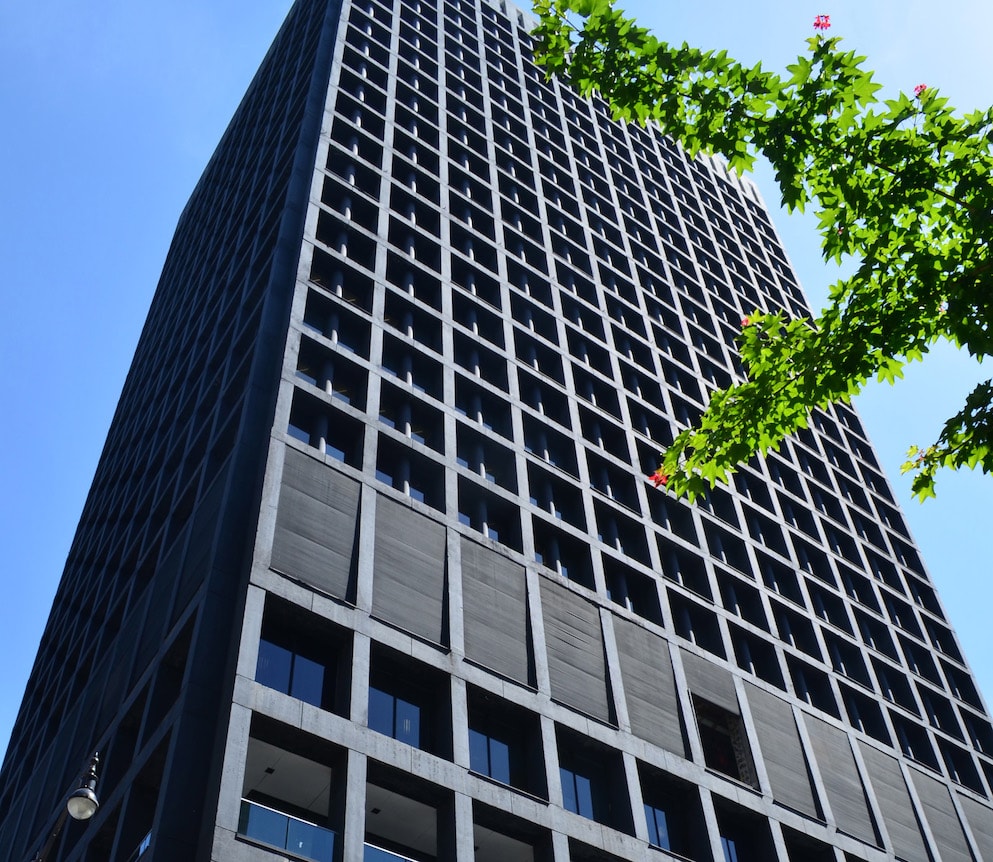Project Highlights
Location: North Carolina
Industry: Commercial Real Estate
Services Used: Upgrading
Climate: Humid & Hot
Topic: Efficiency, Cost-Saving
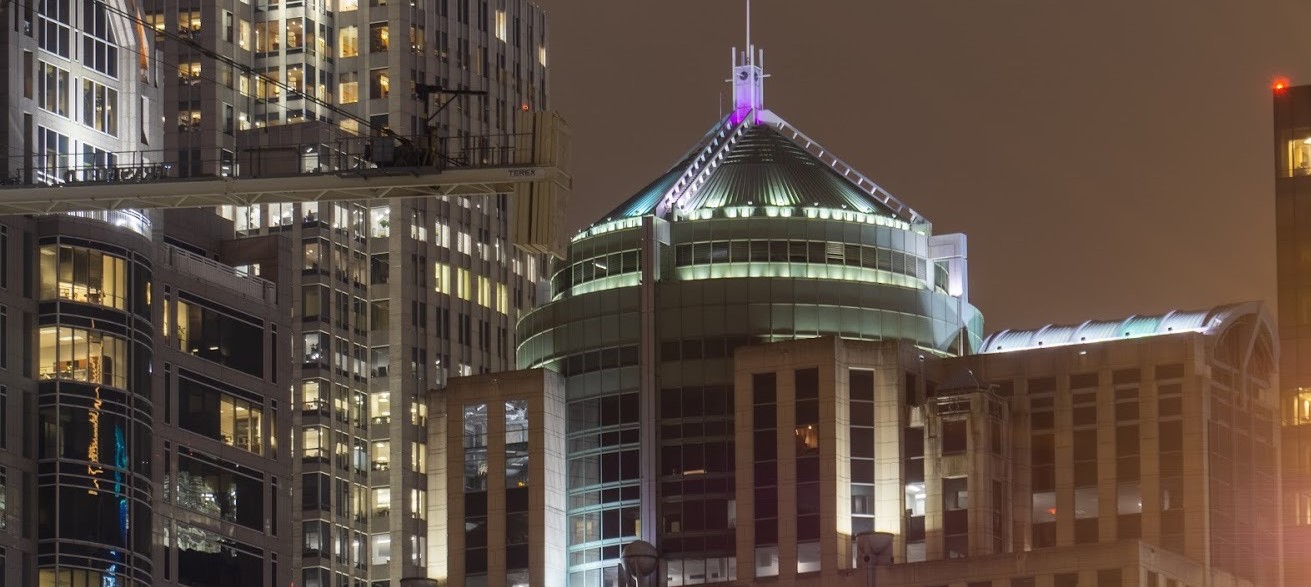
Challenge
The aging infrastructure of the high-rise at 121 West Trade Street had become unreliable. Service costs were increasing as facility managers worked to resolve operational issues and maintain the aging systems. Ownership sought an equipment replacement solution, but was concerned with the disruption a full change out would cause.
Solution
Disappointed with their current service provider’s lack of execution and inability to fix equipment problems, Lincoln Harris contacted Trane, a provider they had successfully worked with in the past. Trane met with the building’s facility managers to gain an understanding of their needs and expectations. After a thorough evaluation of the building’s equipment, Trane suggested employing the Trane® R’newal® service, a unique, alternative solution that would answer the building’s comfort needs and take into account budget parameters.
“Our ownership had dollars in the budget to replace the chillers,” said McMillan. “But when we presented Trane R’newal, and showed them how it could save them a half million dollars vs equipment replacement costs, we all decided that was a better option.”
Restoring systems to optimal performance and reliability
Trane R’newal is a unique service that enables building owners to restore their chillers back to original factory specifications and performance. With ownership approval, the rebuild option allowed Lincoln Harris to defer equipment replacement, while providing reliable operation and comfort for building occupants.
Trane provided a R’newal service on the building’s two aging 450-ton Trane® CenTraVac® chillers. The R’newal service included the rebuilding of the compressor motor and replacing a failed purge unit, pumps and sensors to reduce unplanned downtime and extend the life of the chillers. Trane also rebuilt three of the existing cooling towers, replacing motors, gearboxes, fan hubs, blades and other worn components. The work fixed operational issues, and restored performance with an increased level of reliability.
Keeping systems running at their best
Keeping systems running at their best The Trane R’newal service includes a five-year warranty on all major components, new genuine Trane parts, and a new serial number. In addition, ownership and Trane entered into a five-year maintenance agreement, which provides the expertise of factory-trained and authorized technicians to help keep systems running at their best and offers peace-ofmind for the company’s facilities team.
Updating controllers to improve productivity and efficiency
The Trane R’newal service included replacing the obsolete, pneumatic chiller controls with a new state-of-the-art Tracer AdaptiView™ controller. AdaptiView’s advanced control technology features algorithms and patented strategies to maintain effective chiller plant operation. The controller enables building operators to take command of the chiller plant to deliver peak efficiency, with an easy-to-use digital color graphic display that conveys at-a-glance feedback on status and alarms, and easily understandable data for documenting and optimizing energy efficiency and productivity.
Results
A Trane R’newal service performed on aging chillers and controllers, and the rebuilding of the cooling towers have increased system reliability at 121 West Trade Street. The upgrade and restoration have allowed ownership to defer equipment replacement costs estimated at a half a million dollars. With a five-year warranty on major components, the R’newal service has also helped to decrease the company’s financial risk.
“The chillers are like new,” said McMillan. “We had many leaks before, so we are now saving on Freon costs. Our systems are more reliable, maintenance costs are lower, and we no longer have to worry about trying to find obsolete parts.”
“Implementing the Trane R’newal service, we didn’t have the disruption and downtime we would have had if we replaced the equipment,” added McMillan. “Our systems are more efficient, and we are estimating our energy savings to be upward of six percent.”


